Table of Contents
Conjunction Classes and Usages:
What is Conjunction?
Read the following sentences-
- Birds fly and fish swim.
- The man is old in years but full of strength.
- She must weep or she will die.
In sentence 1, the word “and” joins together two sentences: Birds fly and fish swim.
In sentence 2, the word “but” joins together two phrases.
In sentence 3, the word “or” joins together two sentences.
The word that joins together two words, phrases or sentences is called a conjunction. In other words, Conjunction is a word that joins sentences, phrases or words together.
Conjunctions must be distinguished from Relative Pronouns, Relative Adverbs and Prepositions that too are connecting words.
- This is the watch that uncle gave me. (Relative Pronoun)
- This is the restaurant where we should stay. (Relative Adverb)
- The cat jumped off the chair. (Preposition)
- God made the country and man made the town. (Conjunction)
In sentence 1, the Relative Pronoun “that” refers to the Noun watch and also joins the two parts of the sentences.
In sentence 2, the Relative Adverb “where” modifies the Verb stay and joins two parts of the sentences.
In sentence 3, the Preposition “off” shows the relation between the action expressed by the word jumped and the chair.
In sentence 4, the Conjunction “and” simply joins two parts of the sentence; it does no other work.
Note:- It is thus obvious that Relative Pronouns and Relative Adverbs also join but they do something more as well. But Conjunctions merely join; they do no other work. A Preposition also joins two words, but it does more; it governs a Noun or a Pronoun.
Classes of Conjunction:
Conjunctions are divided into four classes- Coordinate, Subordinate, Correlative and Compound.
(1) Coordinate Conjunctions- A Coordinate Conjunction joins together two clauses of equal rank; as,
- We carved not a line and we raised not a stone.
- He is poor but honest.
- Go away or you will be arrested.
- I was annoyed, still I kept quiet.
- He did not do the home-task; still he was not fined.
Here is a list of a few Coordinate Conjunctions:
| And, both, also, as well as, but, still, yet, whereas, while, nevertheless, so, or, nor, otherwise, else, etc. |
(2) Subordinate Conjunctions- A Subordinate Conjunction joins a clause to another clause on which it depends for its full meaning; as,
- Will you wait till I return?
- Tell them that I will come.
- You will pass if you work hard.
- He is taller than I.
Here is a list of a few Subordinate Conjunctions:
| When, where, why, unless, after, before, until, till, as long as, whence, wherever, because, as, so far as, if, whether, provided, in order that, lest, that, etc. |
(3) Correlative Conjunctions- Some Conjunctions are used in pairs. Such Conjunctions are called Correlatives.
Here is a list of a few Correlatives:
| Both……and, either……or, neither……nor, though (although)……yet, not only……but also, whether……or, as……as, so……as, no sooner……than, lest……should, hardly……when, scarcely……before. |
Use of Correlatives in sentences:
| Correlative | Usages |
|---|---|
| Both……and | They both loved and respected each other. |
| Either……or | Either the father or the sons are to blame. |
| Neither……nor | The street is neither straight nor wide. |
| Though……yet | Though (although) he is poor yet he is honest. |
| Not only……but also | He was not only put behind the bars but also fined heavily. |
| Whether……or | It concerns me the least whether you go or stay. |
| As……as | The feather is as light as air. |
| So……as | He is not so capable as his brother. |
| No sooner……than | No sooner did the thief see the constable than he fled away. |
| Lest……should | Walk fast lest you should miss the train. |
| Hardly……when | Hardly had we stepped out of our gate when it began to rain. |
| Scarcely……before | Scarcely had the clock struck five before we set out for a walk. |
Note: When Correlatives are used, each of the correlated words should be placed immediately before the words to be connected; as,
We visited not only Bombay but also Calcutta.
But it is wrong if we write:
We not only visited Bombay but also Calcutta.
(5) Compound Conjunctions- Many compound expressions are used as Conjunctions. These compound expressions are called Compound Conjunctions.
The Chief Compound Conjunctions are:
| As soon as, as well as, even if, so that, inasmuch as, insomuch as, in case, as if, provided that, as though, etc. |
Use of Compound Conjunctions in sentences:
| Compound Conjunctions | Usages |
|---|---|
| As soon as | As soon as the day broke, we set for the journey. |
| As well as | The father as well as the sons are the chips of the same block. |
| Even if | We shall not catch the train even if we run fast. |
| So that | He worked day and night so that he might stand first in the class. |
| Inasmuch as | I must turn down your request inasmuch as I believe it is not reasonable. |
| Insomuch as | Your request cannot be acceded to insomuch as it is baseless and unfounded. |
| In case | You can win the prize in case you try hard for it. |
| As if | The beggar affects as if he were blind. |
| Provided that | I must help you provided that I find you deserving. |
| As though | He walks as though he has a limp in his legs. |
Usages of a Few Conjunctions:
(1) Unless- Unless shows the condition and means if not–
- Unless you run fast, you can’t catch the train.
- Unless you work hard, you can’t pass.
(2) Until- Until denotes time; as,
- You can’t leave the class until you finish the assignment.
- Don’t sit until I bid.
(3) Lest- Lest means ‘so that……not“-
- Walk slowly lest you should fall.
- Work hard lest you should fail.
Note 1: Lest is always followed by should.
Note 2: Lest, unless, until, are themselves negative. They are not followed by ‘not’ or any other negative.
(4) Since- Since as a Conjunction means-
(a) From or after the time; as,
- It has been raining since morning.
- I have never seen him since he parted from us.
Note- Since when used as a Conjunction in the above sense, should be preceded by a Verb in the Present Perfect Tense and followed by a Verb in the Past Indefinite Tense.
(b) Seeing that, in case that; as,
- Since you apologize, I pardon you.
- Since you have worked hard, you shall succeed.
(5) Or is used to denote Alternative; as,
- You must run or you shall be late for school.
- You may have this pen or that pencil.
(6) If is used to mean-
(a) On the condition; as,
- If it rains, I shall stay at home.
- If I give word, I must keep it.
(b) Whether; as,
- I wonder if he will be here by today.
- She asked him if he would help her.
(c) Admitting that; as,
- If I am poor yet I am not greedy.
- If there is a call of strike by the militants, a few shops are open in our lane.
(7) While is used to mean-
(a) During the time, as long as; as,
- While we are alive, we must work.
- Make hay while the sun shines.
(b) At the same time; as,
- Girls sang while the boys played.
- While I was sleeping, my servant was awake.
(c) Whereas; as,
- It is ten by clock-tower while it is nine by by my watch.
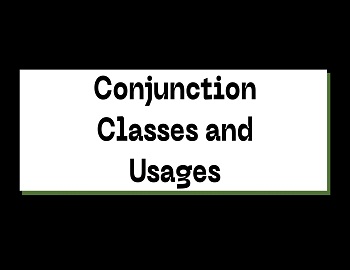

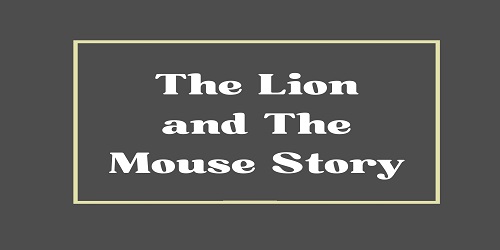
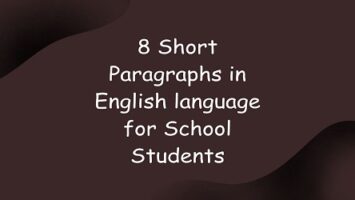
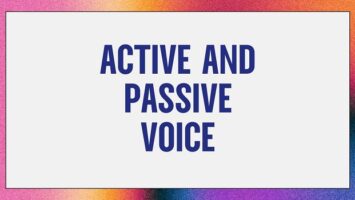
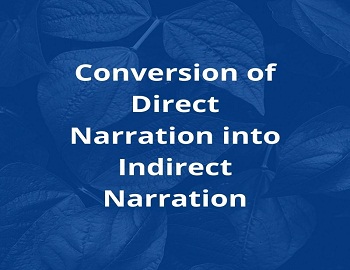
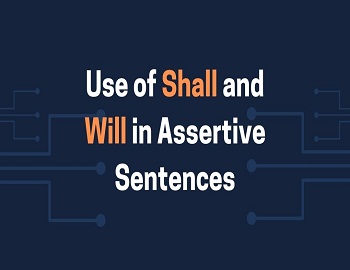
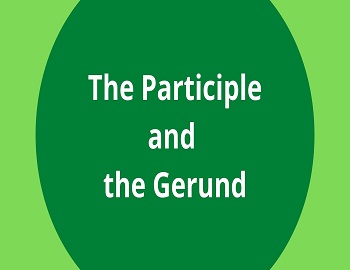
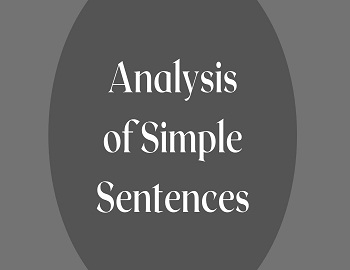
Comments (No)